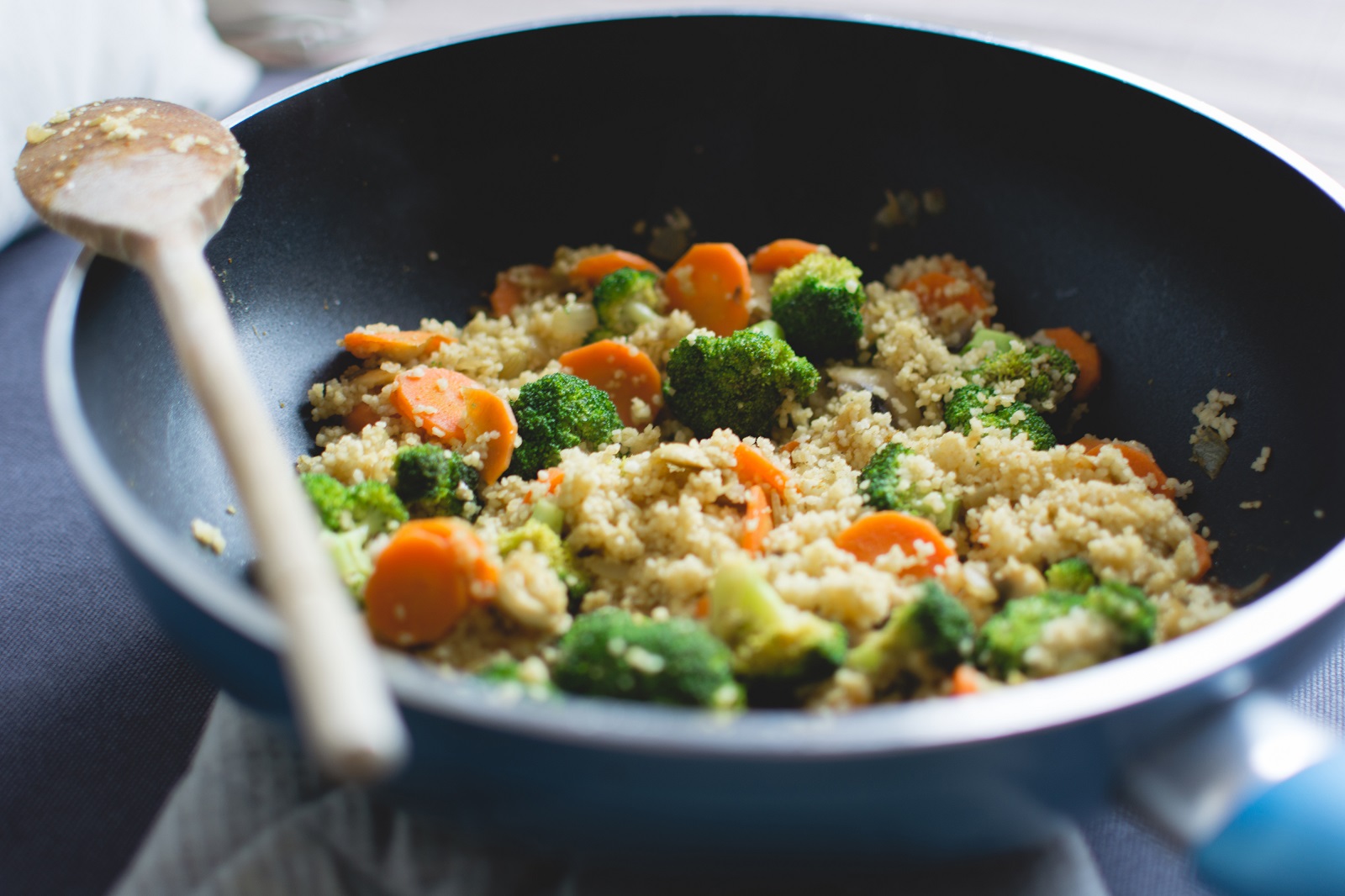All the hard work and good training in the world will only get you so far (or fast) in a marathon. Unlike the other typical race distances where you can get by with minimal food before or on the run, marathons demand a different approach if you’re going to get the best out of yourself.
Plan in advance
I’ve had a number of conversations with runners of all speeds about pre-race nutrition and most give some form of the following feedback. “I’ll have a big portion of pasta the night before, and a sachet of porridge/a couple of slices of jam on toast in the morning. That should do.”
Without wanting to jump the gun, it’s important to point out that nerves play a role, so they may well only be able to stomach a small breakfast, but just eating some pasta the night before isn’t nearly enough to run for three to five hours the next day.
Plan your nutrition in advance. I use myfitnesspal throughout the year, taking some weeks off for holidays. Using the app allows me to plan exactly what I need to eat in advance to optimise carb intake, and it’s a powerful tool for planning your marathon carb loading.
Carb loading strategies
There are lots of ideas on carb-loading and in this post I’m not going to dig into it too much. My goal here is to give you useful information to help change your pre-race habits, not debate the quality and validity of various studies.
Needless to say (I hope), the strategy of one big carb meal simply isn’t enough whether you’re running to finish in no particular time, or running for a PB. Below I’ll offer two options that fit the lifestyle of us amateur athletes.
Carb-loading strategy 1
Start carb-loading 3 days out from your race. Since most marathons are on a Sunday, you need to get fueling from Thursday morning. That doesn’t mean eating every piece of bread, packet of crisps or biscuits you lay eyes on, but there should be an increase in the amount of carbohydrate-rich foods you consume. Have toast as well as your normal breakfast, perhaps a little later if you want to optimise carb storage. Eat a larger portion of potatoes, pasta or rice than normal, and yes, the night before the race you can have a much larger portion than normal.
Carb-loading strategy 2
This crams the carbs in a bit more, aiming to consume 9-12g of carbohydrate per kg of bodyweight in the 24-36 hours before your race. 9-12g/kg still leaves quite a large range. At 62kg it gave me 558g to 774g of carbohydrate. 186g of carbs is as much as an entire day’s worth of carbs for many people.
The exact amount best for you will vary depending on several factors, but as always, my advice is to experiment with it and see what works best for you. If you’ve been gaining weight in the taper, then you could perhaps go on the lower end as your carb stores may not be that depleted. Athletes who have a good amount of muscle mass will have extra storage capability, so could perhaps aim for the higher end of the spectrum.
How can you eat that much carbohydrate?
One key thing is to break it down into regular meals. Trying to simply squeeze more into 3-4 portions won’t optimise carb storage since the body can only transport so much carbohydrate to your muscles, liver and brain at a time, and will likely leave you feeling bloated to boot. Ideally split it into several smaller meals and snacks. You’ll feel like you’ve not stopped eating, but should avoid any physical or digestive discomfort.
Another trick you can use is to consume some carbs from drinks. Don’t go chugging a 2 litre bottle of Coke or big bottle of orange juice, but a small amount of fruit juice or flat fizzy drink can help you cram in the carbs without feeling more full than is necessary.
Next time you’re running a marathon, complement all your hard work by eating the right way and you’ll likely run faster and find it easier on the day.
Written by Kyle Brooks, Running Coach based in Norwich, Norfolk

